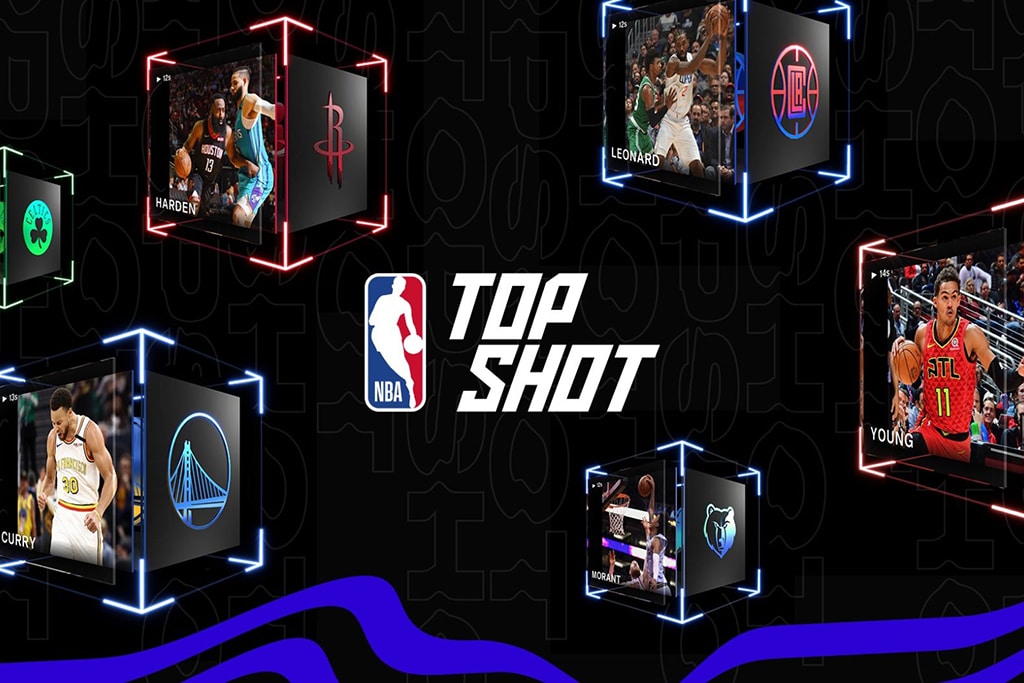
However, some companies survived, and they are thriving today. Amazon, eBay, Google, and others emerged stronger and more capable after the bubble burst. They are joined by more recent technology conglomerates including Facebook, YouTube, Instagram, and others that collectively dominate the technology space.
And they do dominate. Facebook and Google each boast a head-turning 2 billion unique users, and it has added members every month that it has existed. In addition, popular content consumption platforms like Instagram and YouTube, owned by Facebook and Google respectively, each has almost 1 billion users.
Interestingly, all of these platforms are free for users to access. Each day billions of users log onto these platforms to explore all of their exciting content, features, and experiences that are waiting in the feed. They don’t have to pay anything for the pleasure.
The High Cost of Free Platforms
It could almost sound like a bargain if the cost weren’t so high. In exchange for the privilege of using their services, internet platforms are collecting vast amounts of personal information. Everything users type, everything they click on, every page they view, and every interest they identify is cataloged and sold to advertisers. After all, they didn’t make the Fortune Global 500 list just by giving away free stuff.
A 2017 report by CNBC found that Facebook and Google are collectively making more than $100 billion on ad sales, which is so prolific that it “equates to a 46.4 percent share of advertisers total global digital ad spend.”
By comparison, the free access to Facebook and Google seems like a rip-off.
Rearranging Data Control
The blockchain, the powerful, decentralized computer network that enables popular cryptocurrencies like Bitcoin to thrive, is renowned for its innovative improvements to for security, transparency, and reliability. These three features coalesce in the tokenization of information.
In short, this means that individuals can simultaneously interact with the blockchain in a personal and intimate way, while also keeping their information private and contained. In some ways, it’s akin to sending a proxy identity that represents a user but isn’t actually the user.
This process returns personal data control to users, and they can disperse that data as they see fit. Wibson, a blockchain-based marketplace allows users to sell their data to advertisers and other interested parties. By using tokenized information, this transaction remains private, anonymous, and validated. Wibson is empowering consumers by equipping them to manage their data exposure and to financially capitalize on the data that they want to share.
Fortunately, this can be good for advertisers as well. This system provides verifiable and reliable data that allows advertisers to generate the most targeted, effective ads as possible.
Most importantly, with so much money changing hands in digital advertising, this seems like the ethically right thing to do. User data is extremely valuable, and they should be compensated for what they provide.
There are several blockchain-based social media platform that are further invading the privacy space. Steemit, a social media platform that returns the social component to an online industry currently developed and maintained by algorithms.
As a result, user data isn’t culled in the same way that it is on Facebook or YouTube. Instead, users can participate in the social component of the online network without the intrusive data farming that’s so familiar on other social media platforms.
Clawing Back Control
Both Wibson and Steem impact user data differently, but they both represent a similar intonation: users can have their data back, and the blockchain can help.
When the New York Times observed that “The Bitcoin bubble may ultimately turn out to be a distraction from the true significance of the blockchain,” this is, at least partially, what they are referring to. The blockchain can reorient so many familiar facets of our lives, and part of that starts with reclaiming control of our personal information.
User data belongs to the user, and it comes at a price.






